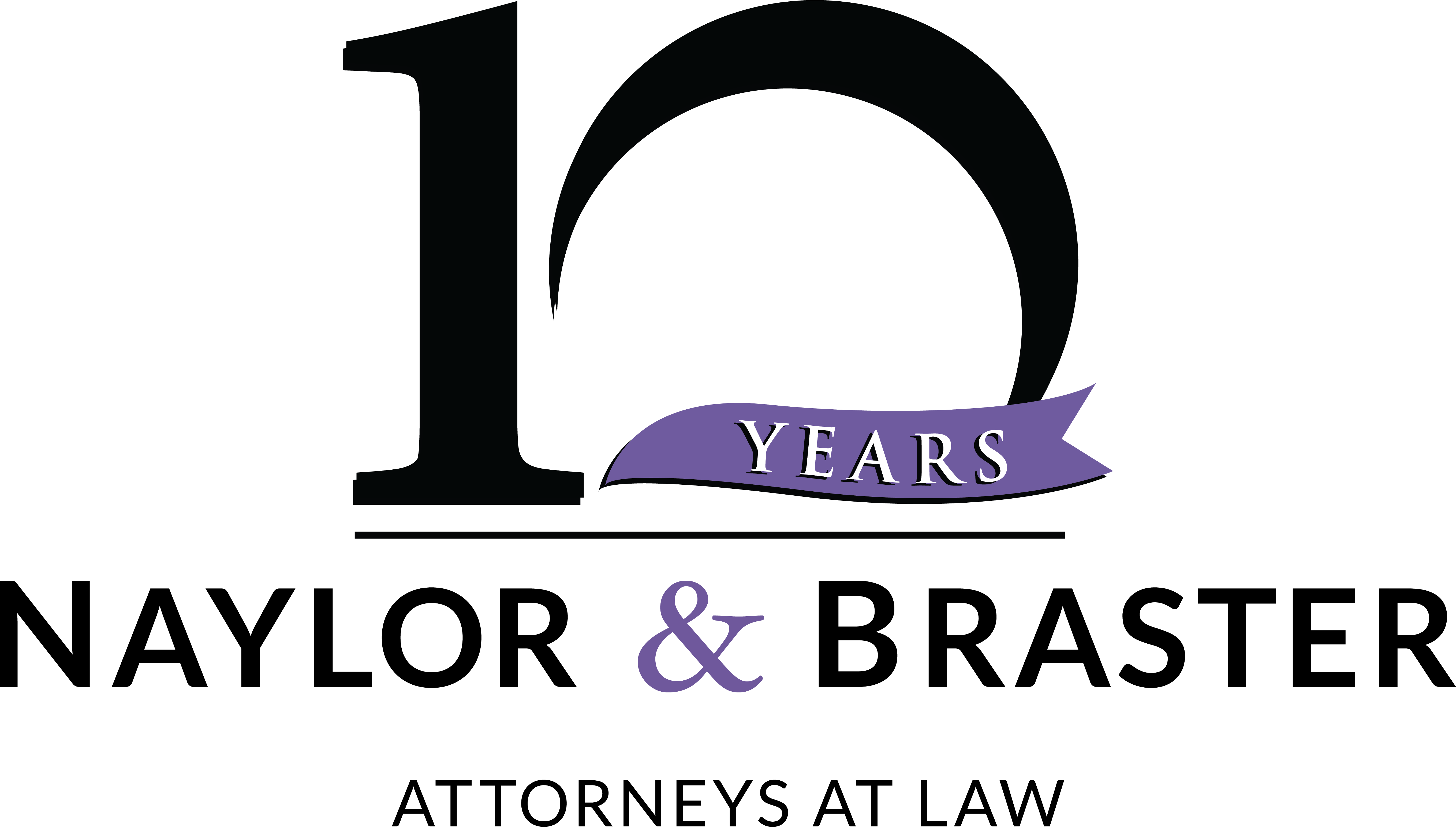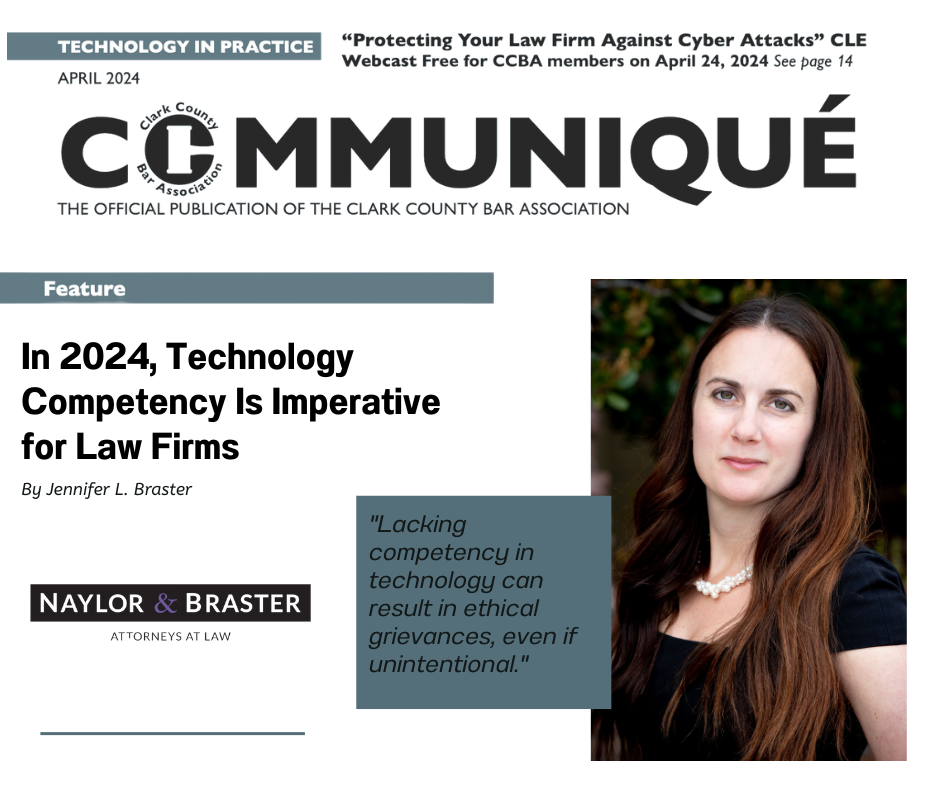When I first started practicing law in 2006, I was employed by the largest law firm in Nevada at that time. Surrounded by IT professionals in my family, the lack of use of technology at this firm dismayed me. For example, the law firm only had a policy of keeping paper files. Thus, if, for example, multiple attorneys were collaborating on a matter, they would need to make multiple working copies. If files went missing, often you saw assistants frantically trying to locate them in someone’s office. Even in 2006, when I was a baby attorney, I knew the system was antiquated. Much to the displeasure of my secretary, I insisted that all matters I worked on be kept electronically and she scanned all documents onto client files I created on the server.
Years later, in one massive case I worked on, another law firm substituted in as counsel, and the client file was provided to that law firm. A few months later, my law firm needed that file, and due to human error, the law firm had not kept a copy of the client file. Without my insistence that all of my files be kept electronically, the law firm would have had nothing. While technology can be intimidating, it is a necessary part of the practice of law. I learned that lesson early.
In 2012, the ABA amended Rule 1.1 of the Model Rules of Professional Conduct and added the following:
“To maintain the requisite knowledge and skill, a lawyer should keep abreast of changes in the law and its practice, including the benefits and risks associated with relevant technology, engage in continuing study and education and comply with all continuing legal education requirements to which the lawyer is subject.”
(emphasis added). While Nevada has not, at least 40 states have adopted this duty of technology knowledge and competence. See https://www.lawnext.com/tech-competence (last visited March 6, 2024). Multiple states have added continuing legal education requirements for legal technology. See https://www.embroker.com/blog/legal-technology-impact-law-practice-management/ (last visited March 6, 2024). Lacking competency in technology can result in ethical grievances, even if unintentional.
The resulting changes over the last 20+ years require attorneys to have that competency in technology to not only advocate for their clients but also to effectively and efficiently operate their law firms. Law firms use technology in many areas, including document management, maintaining and sharing client information in a central (virtual) location, data security, and automating processes.
In a recent study by the ABA, the top five legal technology trends with law firms include: automation, artificial intelligence, cloud-based solutions, virtual legal assistants, and data privacy and cyber security. See https://www.americanbar.org/groups/business_law/resources/business-law-today/2022-july/top-5-legal-technology-trends/ (last visited March 6, 2024). For instance, depending on the area of law an attorney practices, cloud-based ESI discovery is unavoidable. Over the last two decades, the number of ESI vendors has increased, with the types of services they offer multiplying. These services can range from cloud-based hosting of ESI databases for discovery to providing automated summaries of deposition transcripts. Paralegals with competency and experience in ESI discovery and cloud-based systems are invaluable.
In a recent study by the Association of Corporate Counsel’s 2019 Global Legal Department Benchmarking Report, approximately 40 percent of attorneys e-contract management, document management, and e-signature technology as part of their practice. Id. With an overwhelming increase of attorneys and support staff working remotely in this post-COVID world, use of technology is vital. For instance, a product such as DocuSign allows individuals to execute documents wherever and whenever from their phone or laptop. The use of online filings with the court systems now avoids the 5 p.m. rush to the courthouse (replaced by the midnight rush to upload a filing).
Attorneys and law firms cannot put their heads in the sand and avoid the changes that come with technology. It is imperative in 2024 that attorneys stay up to date with technology, which includes having those resources and support staff that have technology competence and can assist. Without this, attorneys and law firms will not be able to keep up with the changes in the legal profession and the advantages that technology provides.

Originally published in Clark County Bar Association’s Communique. To read the entire article, go to clarkcountybar.org.




